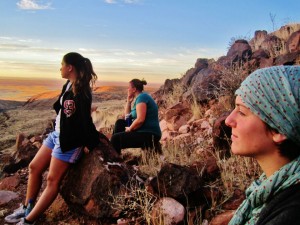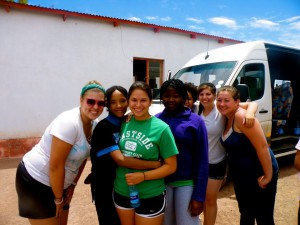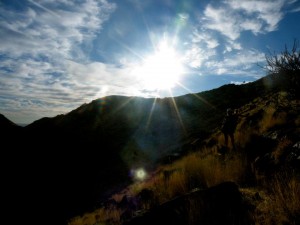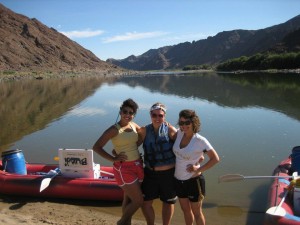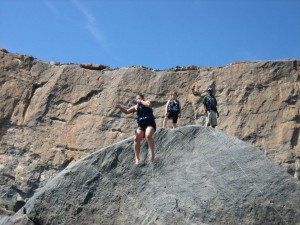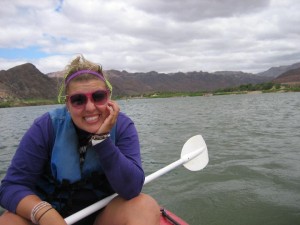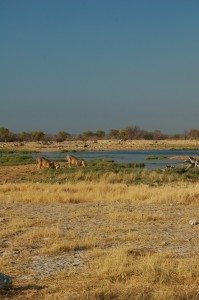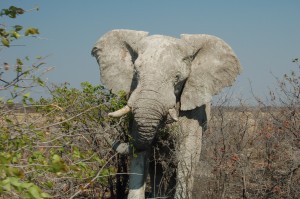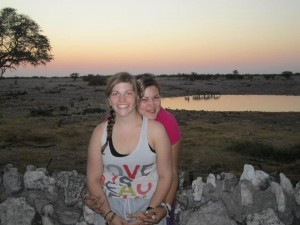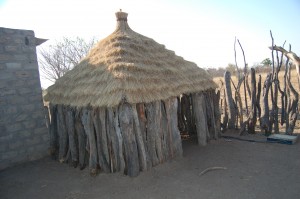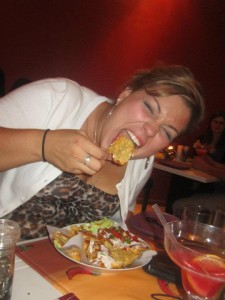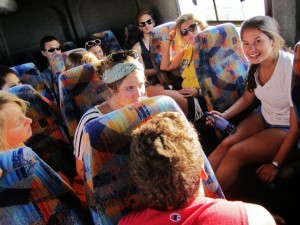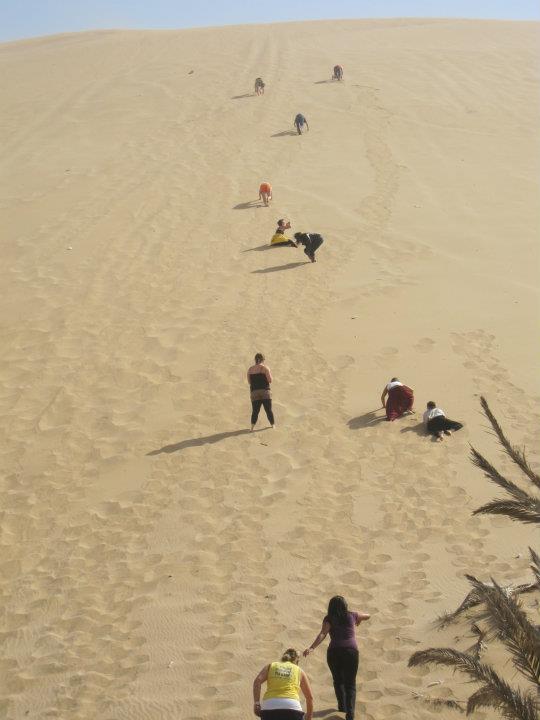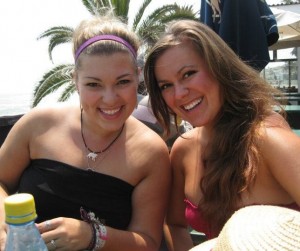Last Wednesday evening I had the opportunity to go to a poetry reading at the Playhouse Theater in downtown Windhoek. The theme for the night was “In the Beginning there was the Word, ” and it was such a neat experience. I, being the emotional, expressive, free-spirited, dramatic person that I am, naturally enjoy doing things like that on a daily basis and knew that I could not miss this opportunity…NOT. But I figured that hey, I’m in Africa; why not expand my cultural horizons even more? One of the other girls volunteering at my internship was doing a piece and she invited me so I at least wanted to go support her.

I trudged over to the theater with my friend Cara not really wanting to be there, but by golly, by the end of it I was so happy that I went and it really got me thinking about some things. When we got there the venue had all these neat lights and the place was packed. There were probably 30 poets that stood up in front and performed their work. Some were funny, while many were passionate, emotional stories. Because the theme was “In the Beginning There was the Word” many of the pieces had to deal with birth, life, and the power of our words in everyday life for building others up or tearing others down, loving others or hating them. All the poets did an amazing job and they really made me stop and think about how I use my words and how the people around me use words.
So often I am quick to judge people, insult people, or make ignorant comments, not even thinking about what I am saying. My words are often full of egotistic comments and selfish wants and I rarely even realize it. However, going to this poetry reading and being in Namibia in general has really made me see how I should be using my words. Everyone here has been so loving and gracious to me. The people here are so much more kind, so much more interested in who you are and what you have to say. They are not in a rush all the time and they don’t snap at you. It has really made me realize the harshness in my what I say and how I should instead strive to fill my words with kindness and patience and love.
I’ve especially noticed this as I am living with my homestay family this week. The first time I met them they greeted me with such joy and excitement and they have constantly been full of kind, encouraging words. Everyday they have told me how beautiful I am and they even gave me a new name that means “gift of God” in their native Damara language. They always ask how my day is and if there is anything they can do to make me feel at home. They always speak with such gentle, genuine words and it encourages me to do the same.

Having the Bible knowledge that I do, the first thing that came to my mind when I heard the theme for this poetry reading was obviously John 1:1. And how that although in this night’s context “word” is being used literally, we can tie it all back to Christ as well. The whole night I kept thinking that in the beginning was the Word, Christ. He came down to die for us so that we might live and use OUR words to glorify him. His words were perfect. They were gentle and full of compassion. Ours are not. But thanks be to God that the Word did become flesh and gave us new life and a chance to change our words and our hearts and use them for good – to love others and glorify Him.
My pictures! 🙂 https://picasaweb.google.com/lh/myphotos
My Twitter! www.twitter.com/AmyinNamibia
